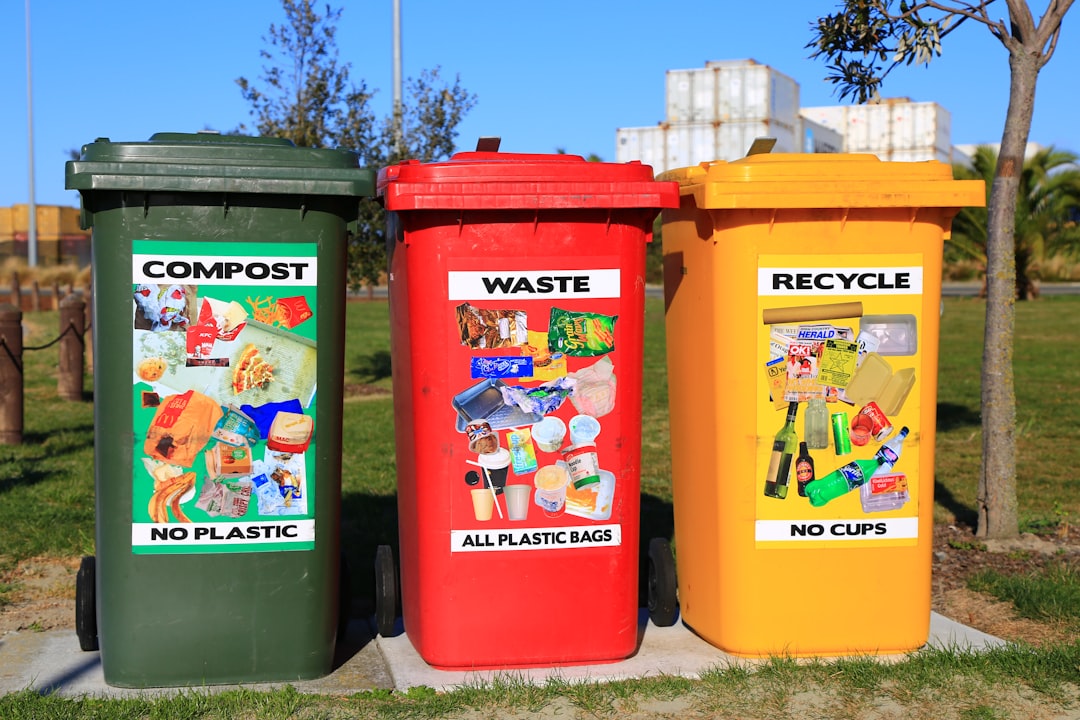5 Ways Single-Use Plastic Is Hurting Our Planet
Plastic has revolutionized our modern lives—it's strong, durable, lightweight, and versatile. Since World War II, plastic production has skyrocketed from nearly 2 million tons to an astonishing 450 million tons, with projections indicating it could double by 2050. However, the environmental impact of plastic waste is severe. Here are five critical ways single-use plastic is harming our planet.
1. There’s More Plastic than We Can Handle
The post-WWII surge in plastic production occurred without adequate planning for disposal. As a result, we produce plastic at an alarming rate while waste management systems struggle to keep up. This imbalance contributes to global climate change and other pressing environmental issues. We must urgently improve our waste management practices to match the pace of plastic production.
2. Very Little Plastic Is Recyclable
Not all plastics are recyclable, and even recyclable plastics don't always make it to recycling facilities. Shockingly, an estimated 6.3 billion tons of plastic waste never sees the inside of a recycling plant. Understanding what "recycle" truly means is crucial; plastic can break down or biodegrade, complicating recycling efforts. We need better education and resources to navigate the complexities of plastic waste.
3. It Is Filling Our Air, Land, and Water
As plastic breaks down, it reduces to microplastics—tiny particles found everywhere, from Mount Everest to the depths of the Mariana Trench. These microplastics contaminate our air, drinking water, and oceans, primarily stemming from single-use plastics that choke waterways and contribute to a global plastic crisis.
4. It Is Killing Innocent Animals
The impact of plastic on wildlife is devastating. Millions of animals, both in water and on land, die each year due to plastic-related issues. These include entanglement, digestive blockages, and chemical poisoning. Some animals ingest so much plastic that they become unable to eat and ultimately starve.
5. It Is Becoming Immortal
Plastic's durability is a double-edged sword. While it offers convenience, it can take up to 400 years to decompose. This longevity raises a troubling question: Will plastic outlive humanity? The chemicals and additives that make plastic strong also contribute to its persistence in the environment.
Bottom Line
Plastic itself isn't inherently evil; it has improved our lives in many ways. The challenge lies in finding innovative solutions to manage existing plastic and mitigate its environmental impact while retaining its benefits. Many countries are already taking action—repurposing plastic, enhancing waste management systems, researching new materials, and even halting production and imports of certain plastics. With concerted efforts, we can reduce plastic’s harmful effects on our planet.






